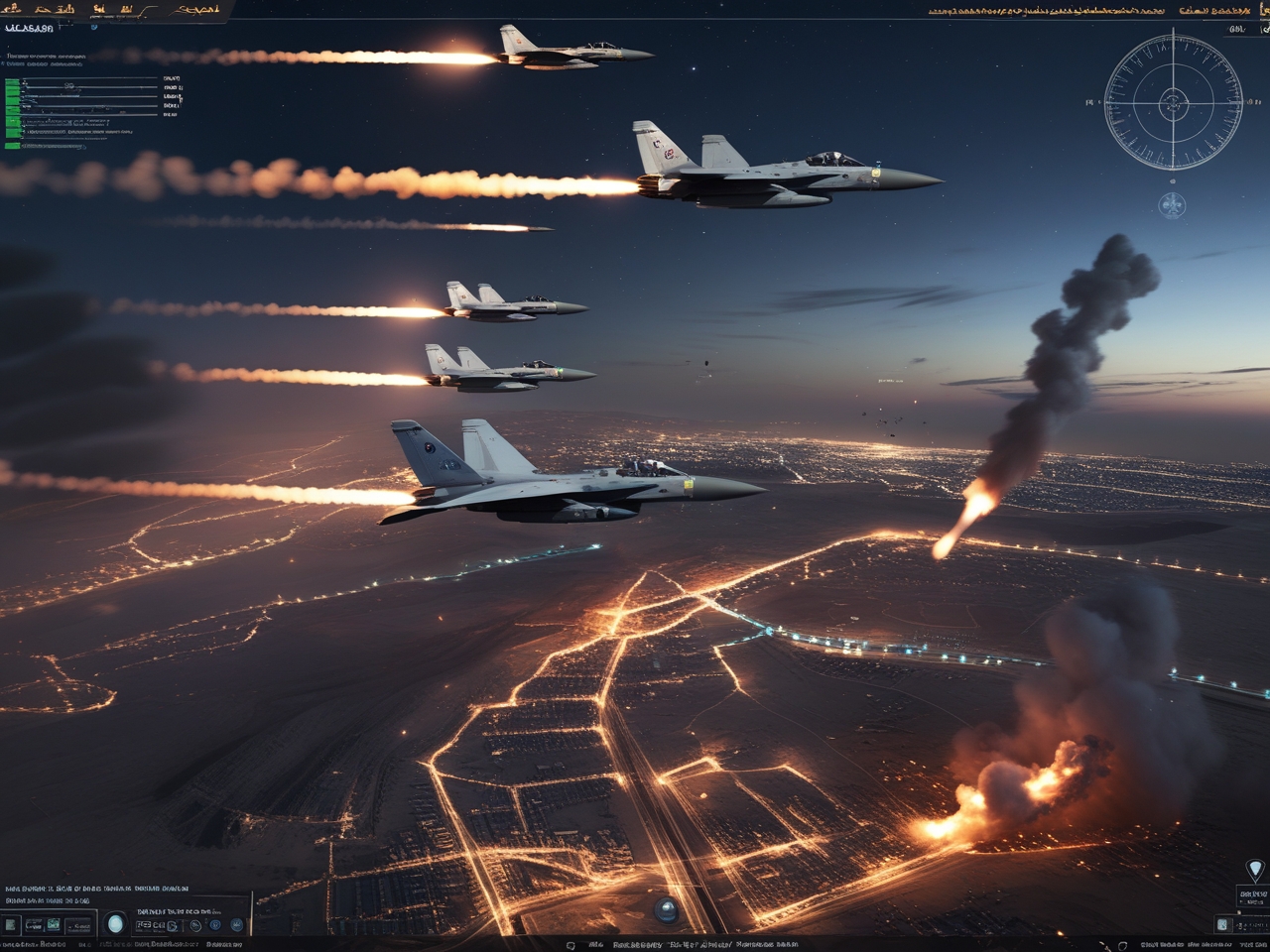June 14, 2025
This week, tensions in the Middle East have escalated rapidly after Iran initiated a series of air strikes targeting Israel military and civilian infrastructure after reports of alleged Israeli airstrikes on Iranian nuclear sites. The first wave of strikes took place the morning of June 14, 2025. The strikes have raised fears of a larger regional conflict, shocked global markets, and raised immediate concern from world leaders.
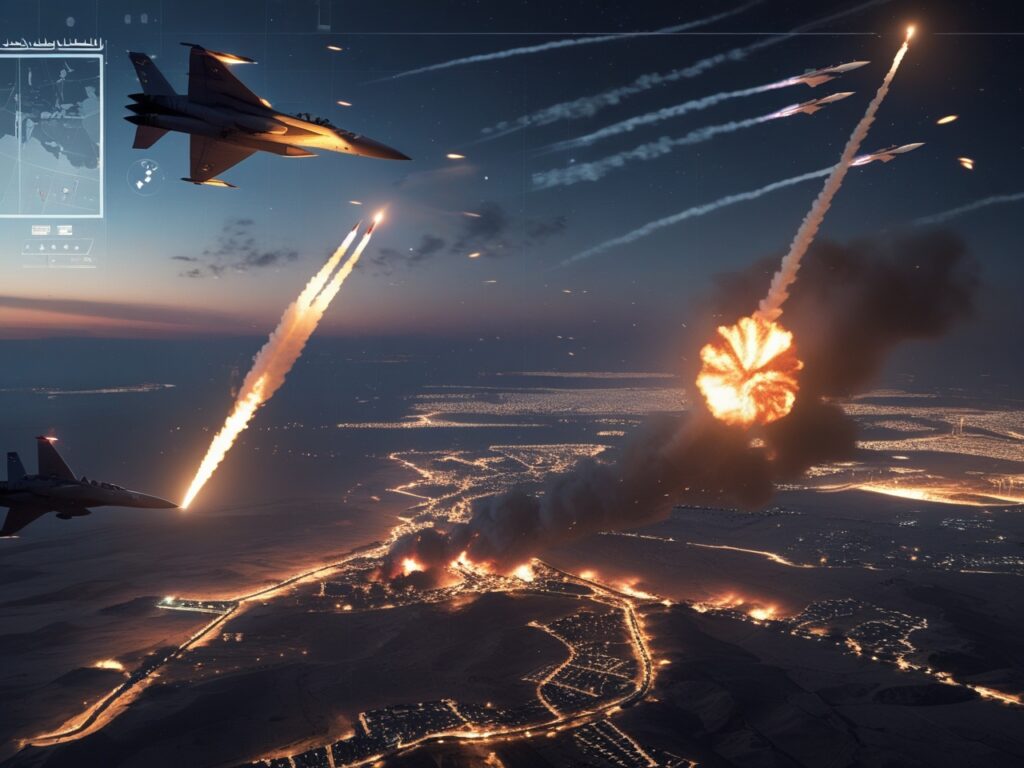
Iran’s Reaction to Nuclear Facilities Strikes
The Iranian government has stated that its aerial assaults were a result of what it viewed as “unprovoked aggression” by Israel against Iran’s nuclear research sites in Natanz and Fordow. Although the allegations of Israeli activities were reported without many details, Iranian state media reported “significant” damage to key sites, though fatalities were apparently not reported. Military leaders in Tehran communicated that they would take “proportionate and decisive” action, justifying their activity by reference to the need to defend national sovereignty as well as to deter future attacks.
Al Jazeera subsequently reported that the Iranian Islamic Revolutionary Guard Corps (IRGC) used a mix of precision-guided missiles and drones to attack Israeli airbases and other defense installations, ensuring a maximum target pool. The source reported it was chaos in Tel Aviv, with air raid sirens blaring, and people looking for cover. While Israel’s Iron Dome interceptors tracked some targets, reports indicated some level of impact on military assets.
Israel’s Counteractions and Official Statements
Israel’s Defense Forces (IDF) have confirmed the Iranian strikes, and stated that they are in the process of assessing the damage. Israeli Prime Minister Benjamin Netanyahu addressed the country, calling the Iranian acts “an act of war” and vowed a fierce response. “Israel will not stand for security threats,” Netanyahu said. “We will defend our home and take every action necessary to protect our citizens.”
The IDF has increased its alert level, placed additional air defenses and has assembled reserve fighters. X posts expressed starkly different perspectives – the comments ranged from users denoting the Iranian strikes as legitimate retaliation to users denoting them as reckless escalation.
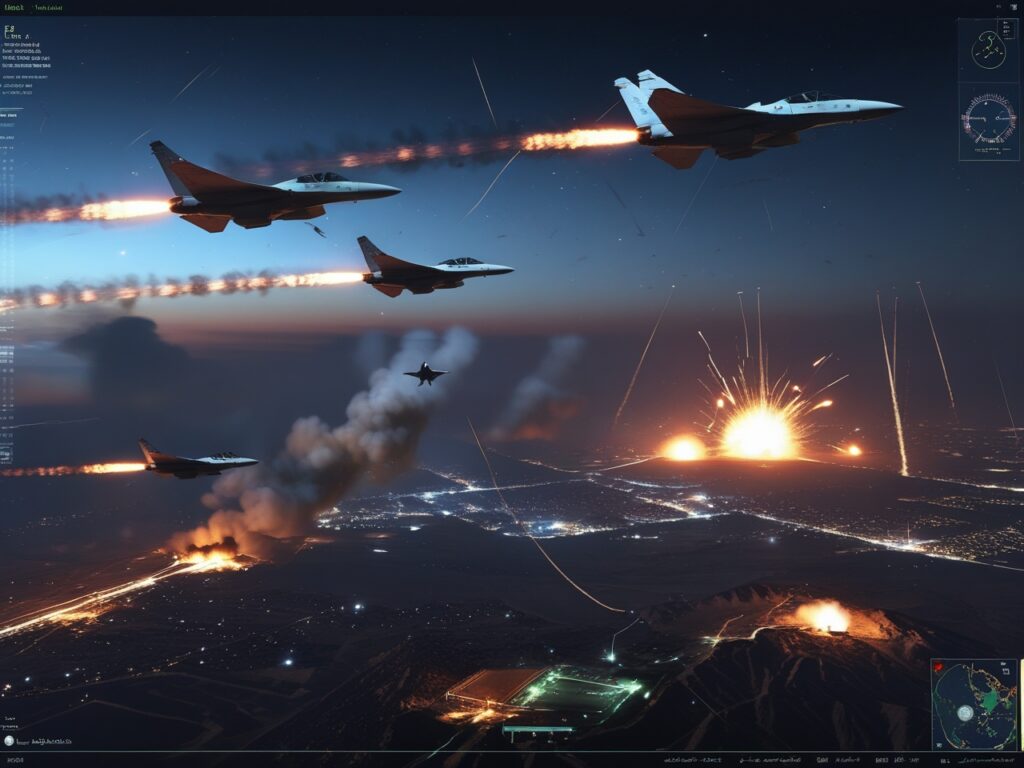
Global Reactions and Diplomacy
The global reaction has been one of anxiety as events continue to unfold. U.S. President Donald Trump said in a statement that he urged Iran to stop its bombing campaign and return to the negotiating table regarding its nuclear program. “It is not too late for Tehran to turn back from the brink,” Trump said, emphasizing the importance of diplomacy to stop violence from spreading.
The United Nations Security Council has called an emergency meeting regarding the situation, with calls for both sides to exercise restraint. European leaders were also reported as being worried about escalation into an even wider conflict, with calls for all sides to pursue dialogue.
The Role of Regional Factors and Economic Pressures
The fallout from the Iran-Israel conflict has rippled through global markets, with oil prices jumping on fears of destabilization in the Middle East. Anxieties caused Brent crude to already increase by 4.2% in early trading because of the threat to shipping in the Persian Gulf. Analysts warned that a long conflict could drive inflation and weaken global supply chains. Just as countries are trying to limp back towards normality after the pandemic, concerns over the economy will impede that effort at worst and slow it at best.
The regions alliances with Iran and Israel are also struggling with the fallout. Hezbollah, the Iran-backed militia in Lebanon, issued a statement expressing support to Iran and explaining the “tide of resistance,” meanwhile Saudi Arabia and other Gulf States are looking for ways to de-escalate. As Iran gets squeezed, the chance for proxy conflicts with Hamas, and the Houthis increase, creating major instability in an already unstable region.
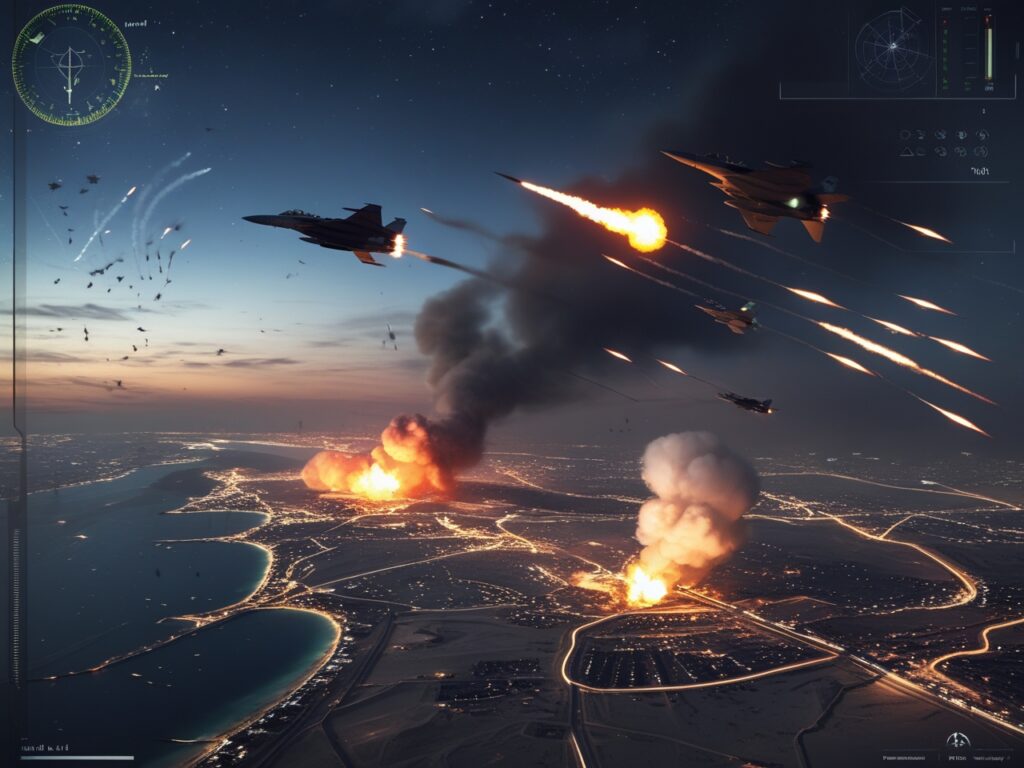
What Lies Ahead for Iran and Israel?
With the state of affairs where it is now, there are differing opinions among analysts on what some consider an ongoing conflict. Some analysts believe that Iran’s attacks were tactical a tactical show of strength designed to deter Israel without triggering a full war. Others warn there is the potential for awful miscalculation by both sides, allowing the situation to spiral out of control and draw in global powers.
Diplomatic means are still a possibility, as Turkey and Qatar both offered to mediate talks between the two countries. That said, Iran and Israel have both indicated a willingness to take things even further if they are not met on their demands. Iran wants international condemnation of Israel’s alleged attacks on its nuclear sites, and Israel wants Iran to cease its missile program.
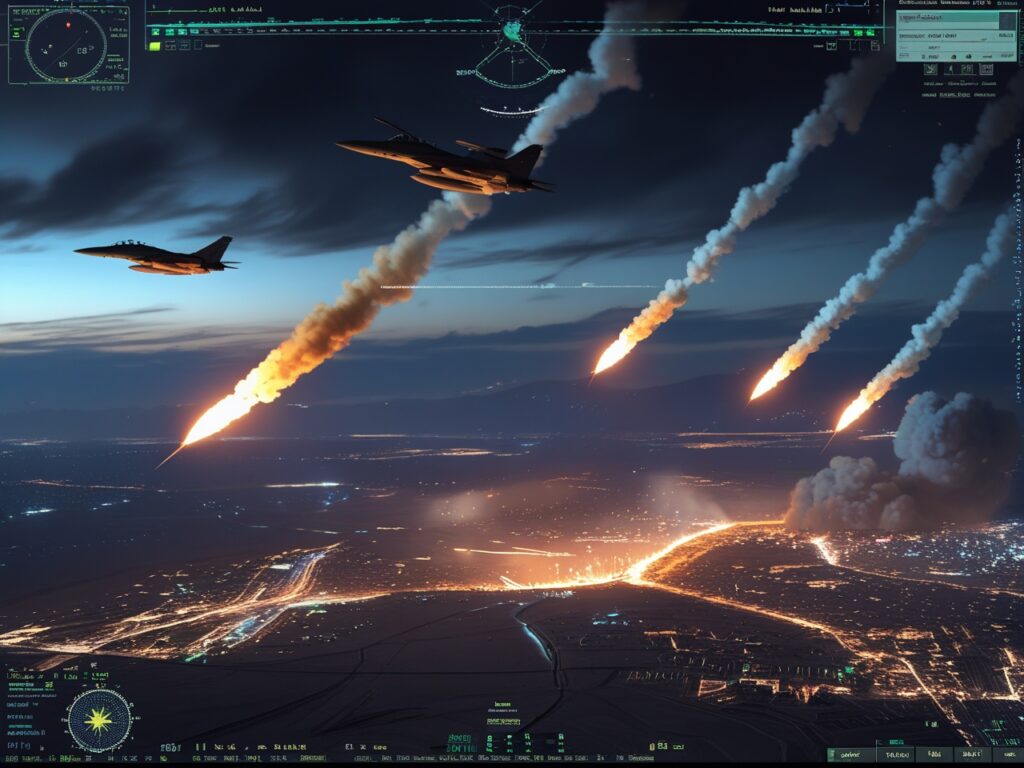
Stay Up To Date On The Iran-Israel Crisis
The situation remains very dynamic for Iran and Israel, with new developments coming out by the hour. If you want to keep up on this crisis as it is unfolding, make sure to bookmark our page and follow along with our coverage for ongoing developments, expert analysis, and reports from the ground. As the situation unfolds, the attention of the world watches closely, and the implications for peace and stability in the Middle East have never been higher.

